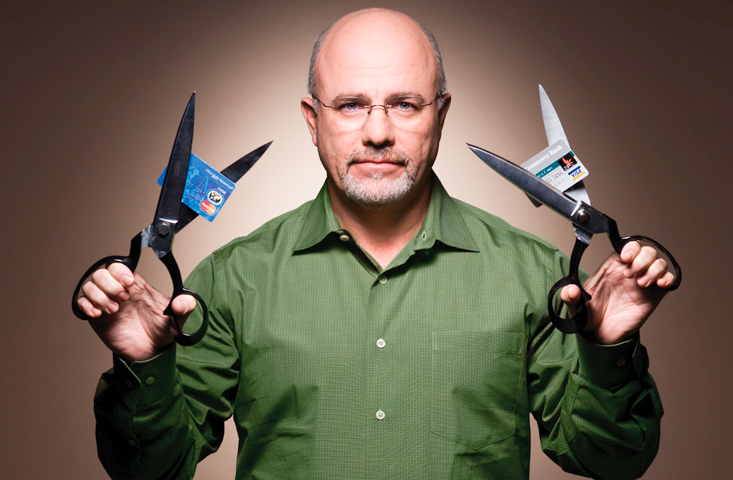We didn’t make any resolutions for January 1, 2013 (or any prior year), because new year’s resolutions are stupid. If you want to change/improve on/reverse something, why would you deliberately postpone doing so until an arbitrary date months down the road? What good would it do to hold off on implementing whatever behavior it is you want to adopt?
Aside: Thanks to all the fat tubs of goo who resolved to get in shape in 2014 by joining a gym. Today’s January 3, which means it’s another week or so before you “sprain an ankle” or “have a fibromyalgia flareup” and have to “take some time off” before “getting back into it.” It’s because of you that gym memberships for the rest of us are sold at a de facto 85% discount.
So, back to our non-existent resolutions and how we fared at accomplishing them.
Pay off $0 in credit card balances.
Admittedly, this one was the easiest. Here’s the 3-part strategy we used to get our balances on every card from $0 all the way down to $0:
- Incur charges for everyday purchases, groceries, gas etc.
- Refrain from buying useless stuff, with or without the understanding that said purchase will reappear in statement form at the end of the month.
- Authorize AmEx to debit our bank account by the exact amount of the balance incurred each month, each month.
Wait, that’s all there is to it? Come on, there’s got to be more. Isn’t there a debt snowball strategy involved? Something about paying off the lowest balance first and then riding that intangible wave, which provides the impetus to pay off the next-highest balance, and so on, until 7 years later when we can finally begin attacking the $45,394.12 VISA balance that has since grown by a greater amount than the smaller balances we paid off in the interim?
No, that’s it. We wish there were more complexity to our method, because then we could come across as more ingenious than we are, but there isn’t any more to it. Sorry for any inconvenience.
Keep the student loan balance at 0, too.
We take it back: this one was even easier than the previous one. All we did was not incur any financing for further education. Again, there are no other steps involved.
Sure, you say, you folks are old enough that formal education is years behind you. Which is true. However, if we were of college age, we’d have run the numbers and concluded that taking out loans that we’d have no capacity to ever pay off given what useless field we planned to major in might not be the brightest way to start one’s adult relationship with money.
You know what’s odd? As far as we know, there are no blogs written by people who say “Damn, the money I spent learning how to become a diesel technician at UTI or a commercial driver at C.R. England was a total waste. I would have been better off paying twice as much to earn a humanities degree. Oh well, live and learn.”
Make money from something other than salary.
Another win for us! After close to 500 posts, a lot of people still don’t seem to comprehend how this works, so let us spell it out for you again, as simply as possible. If this doesn’t work, we’ll incorporate puppet theater and line drawings instead and see if that leads to a breakthrough.
Reducing expenses and earning more is the easy part, or at least the easily understood part. Once you’ve done that, you’re left with a balance. So what do you do with the balance? Invest it, obviously. That being said, “invest” means more than “defer spending until you’re withered and gray.” The idea is to see returns while you’re still young enough to enjoy them. There are countless ways to do this. Yes, your company-matched 401(k) is a good start. But there’s so much more. As our fellow genius Paula Pant at Afford Anything points out, there are trillions of dollars and dollar equivalents on the planet, awaiting your claim. Buying a 2nd house and renting it out might not seem glamorous, but a) it’s a start and 2) how enchanting is your accounts payable/data entry job at the equipment rental shop, anyway?
So yeah, we did that. We also bought some undervalued stocks. Which brings us to our next resolution:
Don’t get caught up in the hype.
Heck, this might have been the easiest one of all. We didn’t buy Facebook stock when it went on sale in 2012, and we didn’t buy Twitter stock when it went on sale 2 months ago. Was the latter a bad idea? Of course it was, the stock has risen 50% since its initial public offering. Did we have any reason to believe that that would happen? The company’s profit margins have been less than outstanding for the last couple of years. Does that justify a market capitalization that’s almost 60 times the size of shareholders’ equity? Not at all. To everyone riding the Twitter train right now, congratulations, you’re smarter than us. We’d bet that Twitter will sink below its IPO value before the year is up. That’s in bold so you can hold us to it.
On balance, not only was it a good year but the resolutions were easy to follow through on. Or would have been, had we chosen to come up with them a year ago. One more time: why isn’t everyone rich, or at least liquid and building? Must be because they haven’t read our book yet. Seven measly dollars.







